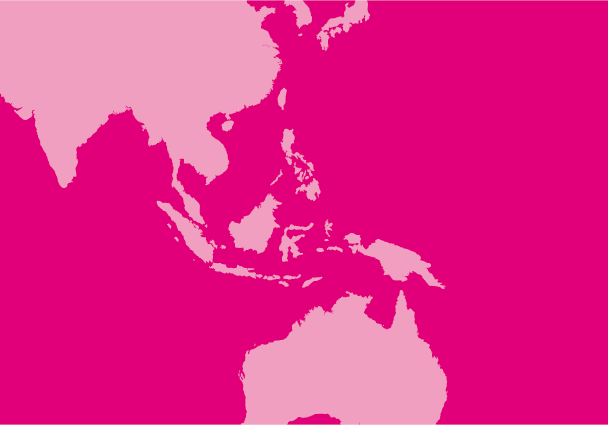The Indonesian government is “blaming the victims” of a November 1991 massacre in East Timor in which Indonesian security forces killed between 100 and 200 persons, according to the ICJ.
In a report presented today to the United Nations Commission on Human Rights, which is meeting in Geneva, the ICJ cited numerous eyewitnesses who stated that the killings were not the result of provocation by a violent crowd, as claimed by the Indonesian authorities, but rather a deliberate and pre-meditated use of force against peaceful demonstrators.
Attention was focused on Dili, East Timor, last 12 November when the security forces opened fire on demonstrators seeking independence for the former Portuguese colony, which has been occupied by Indonesia since 1975. Although the Indonesian authorities assert that the dead numbered “about 50”, independent evidence suggests that between 100 and 200 persons were killed.
In the days following the massacre, according to the ICJ report, Indonesian Commander-in-Chief Try Sutrisno stated that pro-independence demonstrators “had to be shot” and “would be shot”. Nevertheless, in response to a mounting international outcry, the government appointed a Commission of Inquiry to investigate the incident. The Commission released an advance report in December 1991, claiming that a violent crowd consciously provoked the security forces into spontaneously over-reacting. It also asserted that the shootings were not ordered by the army nor reflective of government policy.
According to ICJ Secretary-General Adama Dieng, the Jurists’ report “finds that eyewitness testimony contradicts the Commission of Inquiry on every key point”. All the eyewitnesses interviewed by the ICJ stated that the demonstration was peaceful and controlled until, without warning or provocation, Indonesian security forces fired on the crowd. None of the eyewitnesses saw demonstrators carrying weapons. Witnesses also reported that the security forces acted in a pre-meditated and disciplined manner throughout the incident.




